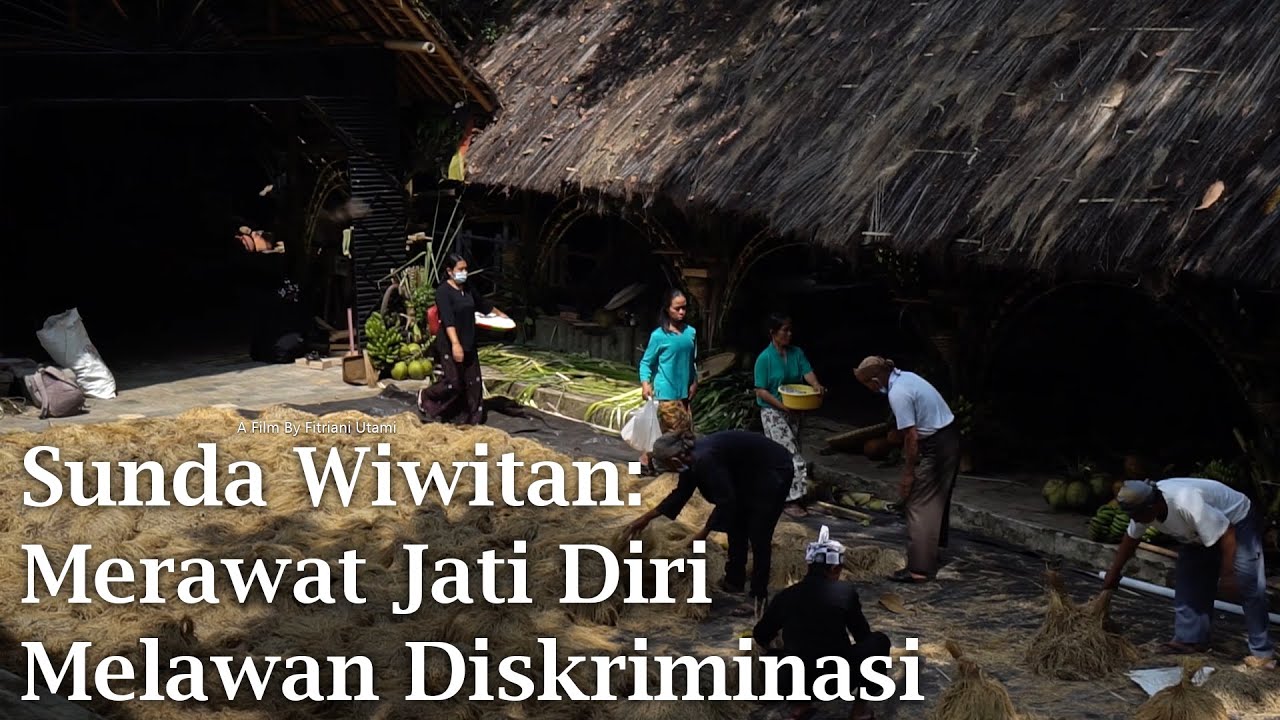Deportations in Germany - A complex system | DW Documentary
Summary
TLDRThe transcript explores the complexities of deportation in Germany, focusing on the challenges faced by authorities in managing individuals with criminal histories and the bureaucratic hurdles of repatriation. It highlights the struggle of deporting individuals with ties to criminal networks, the legal battles around detention, and the logistical costs involved. The narrative also touches on the impact of international relations, with countries refusing to accept deportees, and the emotional toll on families affected by these processes. Through the cases of individuals like Sour Mama Kayv and Mustafa Kurdi, the script illustrates the human side of these legal procedures and the effort required to ensure deportation is carried out.
Takeaways
- 😀 Deportation processes face several systemic challenges, including delays, lack of resources, and coordination between authorities.
- 😀 Deportation detainees are often not handcuffed, and authorities try to avoid detention if possible to reduce costs and complexity.
- 😀 It is common for deportation attempts to fail due to individuals being tipped off by well-informed people, leading to non-cooperation.
- 😀 Deportation involves significant bureaucracy, including lengthy court hearings, logistical hurdles, and negotiations with foreign embassies.
- 😀 Criminal records significantly impact deportation decisions, with repeat offenders often facing more stringent measures.
- 😀 Deportation to certain countries, like Russia, is blocked due to political reasons, complicating the deportation process.
- 😀 Some deportation cases involve individuals who are offered voluntary return with incentives, including travel assistance and social benefits suspension.
- 😀 Deportations are costly and time-consuming, with authorities needing to coordinate across multiple levels, including federal and local police.
- 😀 Deportation is often hindered by countries refusing to accept their nationals, which leads to people remaining in limbo in Germany.
- 😀 Individuals facing deportation can sometimes escape detainment by going into hiding, complicating efforts to carry out repatriations.
Q & A
What challenges are faced during the deportation process in Germany?
-The deportation process in Germany faces several systemic challenges, including difficulties with deportation due to countries of origin refusing to take back their citizens, the high cost of deportations, and the logistical obstacles in coordinating between different authorities.
Why is Mr. Mama Kayv not placed in handcuffs during his deportation process?
-Mr. Mama Kayv is not placed in handcuffs because the authorities have to transport him back without restraints. This is part of the policy that aims to manage deportations in a less restrictive manner, unless there are specific reasons for handcuffing.
What is the role of the Brandenburgg Foreigners Registration Office?
-The Brandenburgg Foreigners Registration Office is responsible for managing the affairs of asylum seekers, refugees, and migrants. Their duties include organizing deportations and ensuring that individuals who are legally obligated to leave Germany are either deported or voluntarily return to their home countries.
What factors influence the deportation process in Germany?
-The deportation process in Germany is influenced by the relationship with the countries of origin and the regulations in place within Germany itself. These factors determine the ease or difficulty of carrying out deportations.
What is the difference between voluntary departure and forced deportation?
-Voluntary departure allows individuals to leave Germany without handcuffs, receive a stipend for their return, and avoid serving the remainder of any prison sentence. In contrast, forced deportation involves detaining the individual and ensuring they leave the country under more restrictive conditions.
How do authorities encourage individuals to leave voluntarily?
-Authorities try to persuade individuals to leave voluntarily by informing them of the benefits, such as traveling unfettered, receiving financial assistance, and potentially avoiding additional legal consequences. It is seen as easier, less costly, and more efficient than forced deportation.
What role do the countries of origin play in the deportation process?
-Countries of origin play a significant role in the deportation process. If they refuse to accept deported individuals or do not issue the necessary travel documents, it becomes nearly impossible to carry out deportations. This issue has been particularly problematic with countries like Russia, Iran, and several African nations.
Why is it difficult to deport individuals to Syria?
-Deportation to Syria is complicated due to the ongoing instability in the country. The war in Syria has made it difficult to obtain the necessary travel documents from the Syrian embassy, and deportation is often hindered by the unsafe conditions in the region.
What happened to Mr. Mustafa Kuri during his deportation process?
-Mr. Mustafa Kuri faced significant delays in his deportation due to issues with obtaining the necessary travel documents from the Syrian embassy. After several attempts, he was finally able to receive the documents and was deported to Syria via a complicated journey involving multiple countries.
How much does a deportation operation typically cost?
-A deportation operation can be very expensive, with the cost of a deportation flight reaching up to €25,000. This does not include the additional personnel costs for the authorities involved in the deportation process, nor the costs for special escorts required for certain cases.
Outlines

Cette section est réservée aux utilisateurs payants. Améliorez votre compte pour accéder à cette section.
Améliorer maintenantMindmap

Cette section est réservée aux utilisateurs payants. Améliorez votre compte pour accéder à cette section.
Améliorer maintenantKeywords

Cette section est réservée aux utilisateurs payants. Améliorez votre compte pour accéder à cette section.
Améliorer maintenantHighlights

Cette section est réservée aux utilisateurs payants. Améliorez votre compte pour accéder à cette section.
Améliorer maintenantTranscripts

Cette section est réservée aux utilisateurs payants. Améliorez votre compte pour accéder à cette section.
Améliorer maintenantVoir Plus de Vidéos Connexes

Race, Employment and a Criminal Record: Devah Pager

Kommunen unter Druck: Wohin mit den Geflüchteten? | ZDF.reportage

Sunda Wiwitan: Merawat Jati Diri, Melawan Diskriminasi (2022) | Film Dokumenter Pendek | Kabar SEJUK

Go Went Gone summary, themes, symbols and analysis

Encarceramento em massa - A tragédia prisional brasileira

How to make an electrical contractor?,ইলেকট্রিকাল কন্ট্রাক্টর কি করে বানাবো ?,WEST BENGAL
5.0 / 5 (0 votes)
